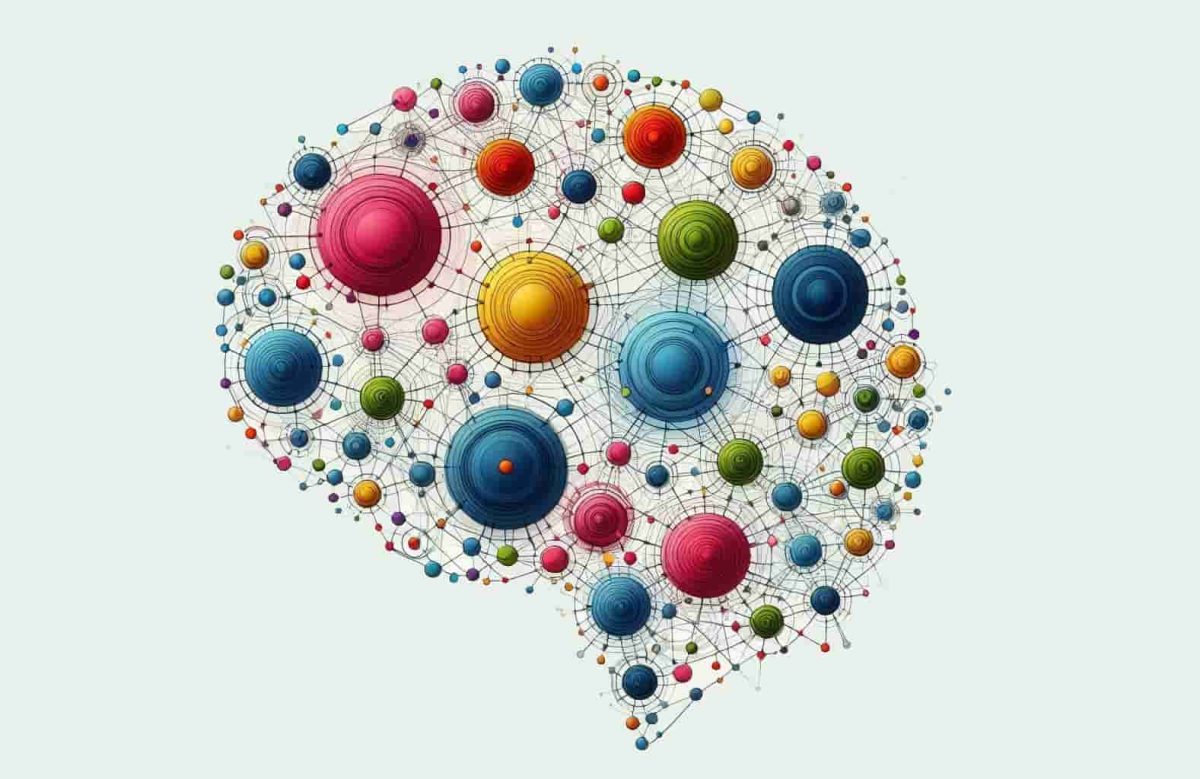People with high intelligence tend to have this quality.
Being nice is a sign that your IQ is high, research reveals.
Highly intelligent people are better at cooperating and are more generous to others.
Smart people are almost three times as generous as those with lower cognitive abilities, the study found.
The reason may be that smarter people are more patient — a quality that is critical for cooperation.
More patience allows people to step back from the situation and exert self-control.
The study involved hundreds of people given a test of a type of intelligence call ‘cognitive reflection’.
This measures people’s ability to override a quick, obvious response that turns out to be wrong in order to get the right answer.
Here are two of the tests of cognitive reflection used in the study:
- If it takes 5 machines 5 minutes to make 5 widgets, how long will it take 100 machines to make 100 widgets?
- In a lake, there is a patch of lily pads. Every day, the patch doubles in size. If it takes 48 days for the patch to cover the entire lake, how long would it take for the patch to cover half of the lake?
The answers are at the bottom of the article.
Clever people are more patient at searching out the real answer, it emerges.
Subsequently, people who did better in this test were also up to three times more generous in a game that tested people’s generosity.
The reason could be that people with intelligence have more patience, the study’s author, Dr Lohse writes:
“Subjects with higher cognitive abilities have been shown to be more patient and to be able to exert higher levels of self-control.
[…]Martinsson et al. (2014) demonstrate that subjects with higher self-control capabilities cooperate more.
Similarly, Fehr and Leibbrandt (2011) show that more patient subjects in the lab cooperate more in the field.”
The answers are…
The answers are 5 minutes to the first problem and 47 days to the second.
If you didn’t get this, remember the test is designed to make you think a little longer and harder.
The study was published in the Journal of Behavioral and Experimental Economics (Lohse, 2016).
















